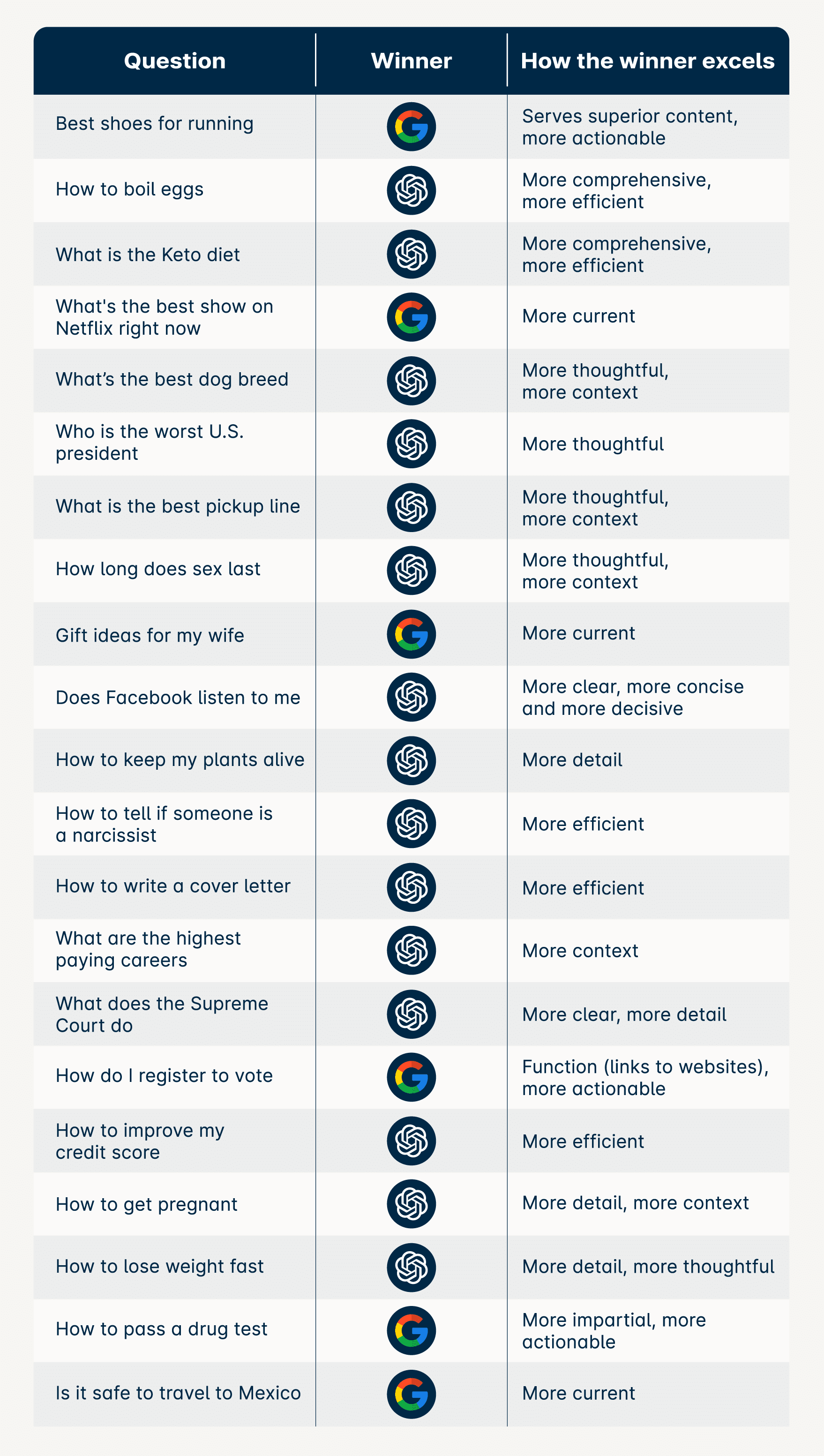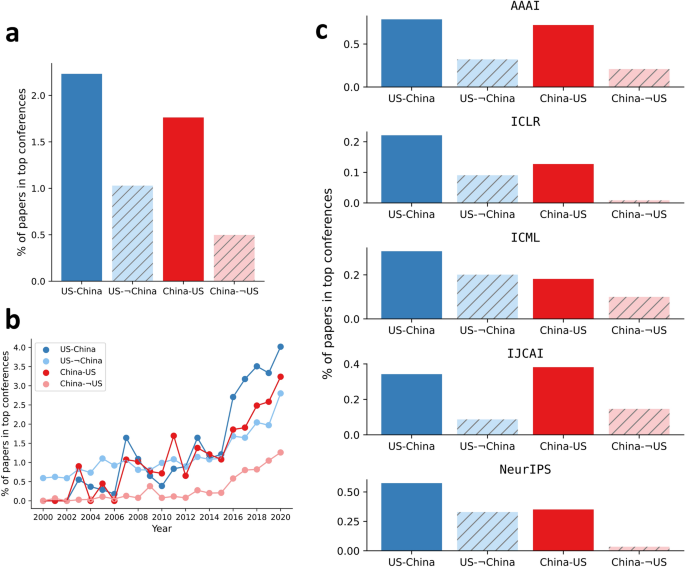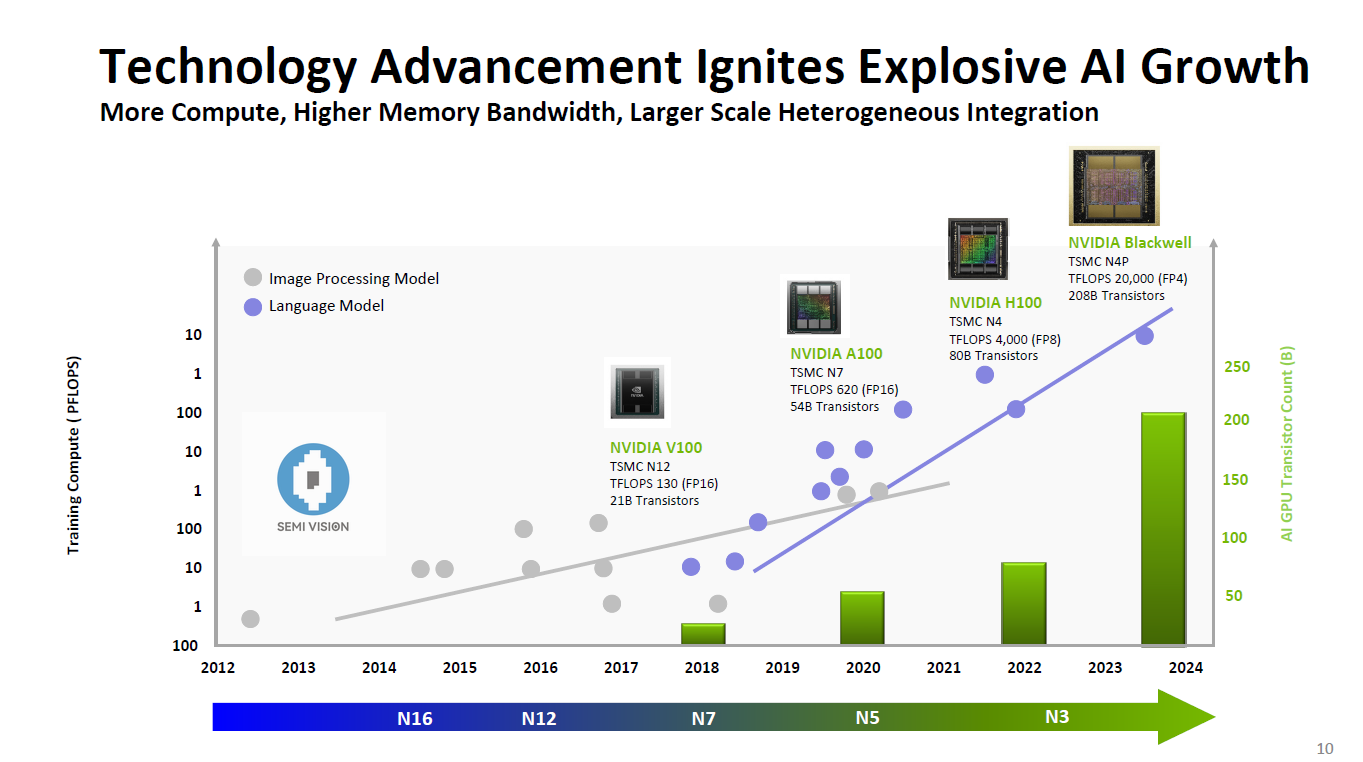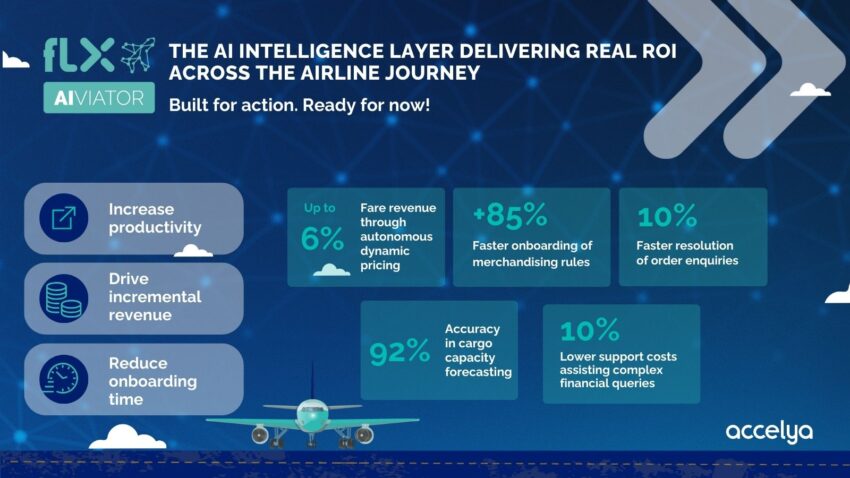AI's unprecedented evolution
American venture capitalist and tech analyst Mary Meeker recently released a comprehensive 340-page report on AI Trends, highlighting the unprecedented advancement of AI technology. One key player in this rapid progress is ChatGPT, which has significantly contributed to the acceleration of AI innovation in recent years.
In just two years, OpenAI ChatGPT surpassed Google's search capabilities, achieving 365 billion searches at 5.5 times the speed of the tech giant. Moreover, while popular social media platforms like TikTok and Instagram took months or years to reach 100 million users, ChatGPT achieved this milestone in just two months. As of April 2025, the chatbot boasts an estimated 800 million weekly active users.

The Cost of AI
The report also addresses the cost dynamics of AI, noting that while building cutting-edge AI models can be expensive (up to $1 billion), the cost of using AI technology has significantly decreased. In fact, the cost of inference has dropped by 99% per 1 million tokens. This reduction, coupled with affordable satellite-driven Internet connectivity, has the potential to bring approximately 2.6 billion non-online individuals into the digital realm.
The accessibility of AI technology poses intriguing possibilities, as the report suggests envisioning a future where interacting with the internet involves conversing with intelligent machines rather than traditional search engines.

The AI Business Race
A standout observation from the report is the escalating competition in the AI industry, likening it to a modern space race between China and the US. China's rapid advancements in AI, characterized by high-quality open-source models like DeepSeek, Alibaba’s Qwen 2.5, and Baidu’s Ernie 4.5 Turbo, pose a significant challenge to US dominance in the field.

This competition not only focuses on technological innovation but also on reshaping the global order, with AI playing a pivotal role in influencing world dynamics. The report underscores the importance of innovation and political systems in determining the trajectory of AI development.
Ethical Concerns and Challenges
While AI adoption continues to grow across various industries, concerns about ethics and accountability persist. In particular, the impact of generative AI on journalism raises significant ethical dilemmas, such as misattribution, bias, and accuracy issues.
Journalists advocate for human oversight in AI-generated content creation to uphold news integrity and audience trust. Additionally, there are ongoing discussions regarding the ethical use of journalists' work to train AI models without proper attribution, leading to legal disputes in the industry.
In conclusion, as Meeker's report highlights, the era of AI presents both unprecedented opportunities and challenges for various industries, emphasizing the need for responsible AI deployment and ethical practices to harness its full potential.

References
- Meeker, M., Simons, J., Chae, D., & others. (2025, May 30). Trends – Artificial Intelligence. BOND. https://www.bondcap.com/report/pdf/Trends_Artificial_Intelligence.pdf
- Grynbaum, M. M., & Mac, R. (2023, December 27). The Times sues OpenAI and Microsoft over A.I. use of copyrighted work. The New York Times. https://www.nytimes.com/2023/12/27/business/media/new-york-times-open-ai-microsoft-lawsuit.html (Paywall)




















